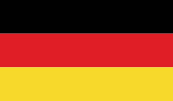![[miniature article] réglementation sur les emballages](https://www.delville-management.com/wp-content/uploads/2025/05/miniature-article-reglementation-sur-les-emballages.png)

![[miniature article] Cyberattaques](https://www.delville-management.com/wp-content/uploads/2025/05/miniature-article-Cyberattaques.png)
![[Miniature article] Management de transition Italie](https://www.delville-management.com/wp-content/uploads/2025/04/Miniature-Management-de-transition-Italie.png)

![[Miniature article] Impact écologique de l'IA](https://www.delville-management.com/wp-content/uploads/2025/04/Miniature-article-Impact-ecologique-de-lIA.png)
![[miniature article] bien-être au travail](https://www.delville-management.com/wp-content/uploads/2025/05/miniature-article-bien-etre-au-travail.png)
![[Miniature article] accompagnement au changement](https://www.delville-management.com/wp-content/uploads/2025/04/Miniature-article-accompagnement-au-changement.png)
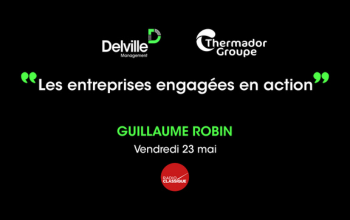

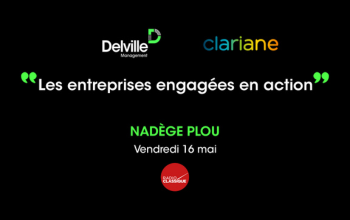
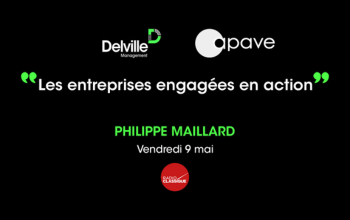

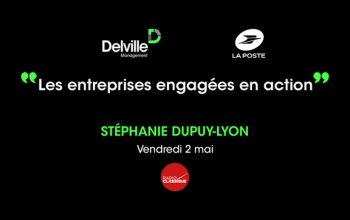

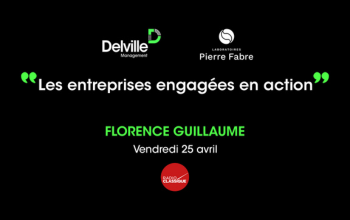
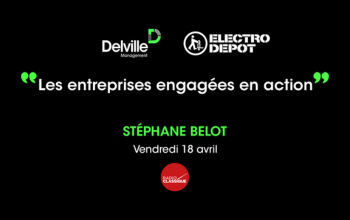
![[Miniature article] Taxes douanières sur les médicaments comment anticiper](https://www.delville-management.com/wp-content/uploads/2025/03/Taxes-douanieres-sur-les-medicaments-comment-anticiper-.png)
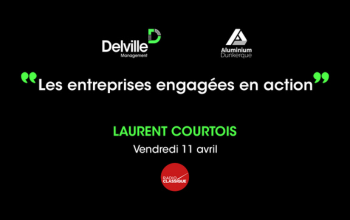
![[Miniature] construire un plan de gestion de crise [Miniature] construire un plan de gestion de crise](https://www.delville-management.com/wp-content/uploads/2025/01/Miniature-construire-un-plan-de-gestion-de-crise.png)
![[Miniature article] Crise automobile quelles solutions pour rebondir](https://www.delville-management.com/wp-content/uploads/2025/03/Miniature-article-Crise-automobile-quelles-solutions-pour-rebondir-.png)
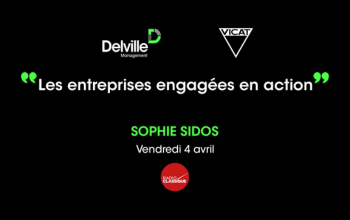
![[Miniature article] mettre en place le vrac pour les industriels agroalimentaire](https://www.delville-management.com/wp-content/uploads/2025/03/Miniature-article-mettre-en-place-le-vrac-pour-les-industriels-agroalimentaire.png)

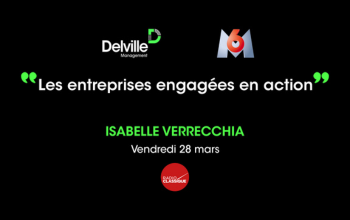
![[Miniature article] 89% d’échec dans l’adoption de l’IA comment réussir](https://www.delville-management.com/wp-content/uploads/2025/02/Miniature-article-89-dechec-dans-ladoption-de-lIA-comment-reussir-.png)

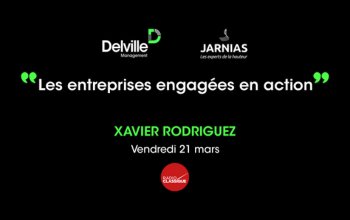

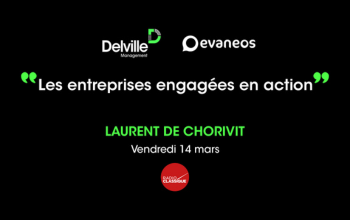
NOUS UTILISONS DES COOKIES
En appuyant sur le bouton "Accepter les cookies", vous consentez au stockage de cookies sur votre appareil, ce qui permettra d'améliorer votre expérience de navigation et de soutenir nos activités marketing. Vous avez la possibilité de personnaliser vos préférences à tout moment dans les paramètres des cookies.Pour plus d'informations, veuillez consulter notre politique d'utilisation des cookies.| Cookie | Durée | Description |
|---|---|---|
| cookielawinfo-checkbox-analytics | 11 mois | Ce cookie est défini par le plugin GDPR Cookie Consent. Le cookie est utilisé pour stocker le consentement de l'utilisateur pour les cookies dans la catégorie "Analytics". |
| cookielawinfo-checkbox-functional | 11 mois | Le cookie est défini par GDPR cookie consent pour enregistrer le consentement de l'utilisateur pour les cookies dans la catégorie "Fonctionnel". |
| cookielawinfo-checkbox-necessary | 11 mois | Ce cookie est défini par le plugin GDPR Cookie Consent. Les cookies sont utilisés pour stocker le consentement de l'utilisateur pour les cookies dans la catégorie "Nécessaire". |
| cookielawinfo-checkbox-others | 11 mois | Ce cookie est défini par le plugin GDPR Cookie Consent. Le cookie est utilisé pour stocker le consentement de l'utilisateur pour les cookies dans la catégorie "Autre. |
| cookielawinfo-checkbox-performance | 11 mois | Ce cookie est défini par le plugin GDPR Cookie Consent. Le cookie est utilisé pour stocker le consentement de l'utilisateur pour les cookies dans la catégorie "Performance". |
| viewed_cookie_policy | 11 mois | Le cookie est défini par le plugin GDPR Cookie Consent et est utilisé pour stocker si l'utilisateur a consenti ou non à l'utilisation de cookies. Il ne stocke aucune donnée personnelle. |

